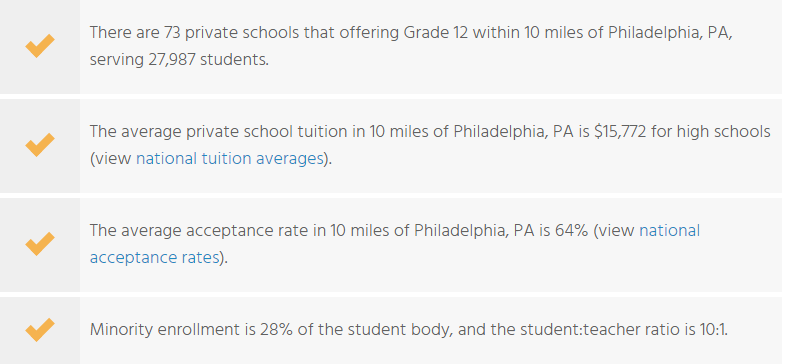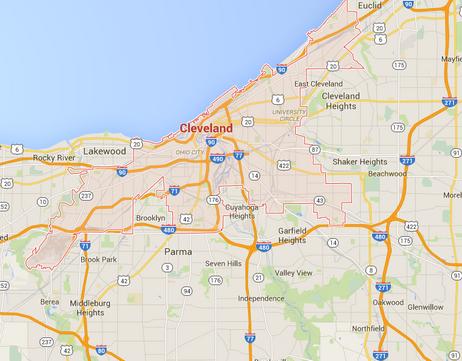Editor's note:
I asked Attorney Sara Goldsmith Schwartz, whose "practice is focused on the critical issues facing school administrators and leadership," to answer my questions and provide some general guidance regarding best practices for enrollment agreements. This article is intended for the information of owners, administrators, and trustees of small to medium size private schools. ~ Rob Kennedy
The relationship between parents, students, and the school is determined by contract law. Can you tell us what that means?
The relationship between parents, students, and the school is based on a lot of documents, including the student/parent handbook, the code of conduct, the enrollment agreement, and more. The enrollment agreement, however, is the only legal contract, and it memorializes the relationship between the parents, students, and the school, binding the parties to the terms and conditions laid out in the agreement. The agreement assists schools in collecting tuition and fees in cases of non-payment and in assessing late fees in cases of late payment. However, a comprehensive agreement addresses far more than tuition and fees.
This short clip explains why contracts are important legal documents.
How can a professionally written enrollment agreement prevent litigation in the future?
A properly drafted enrollment agreement is a cornerstone of a school’s risk management strategy. For instance, it can help deter parents from bringing claims against the school, as well as help the school prevail on such claims.
An enrollment agreement



.jpg)
































